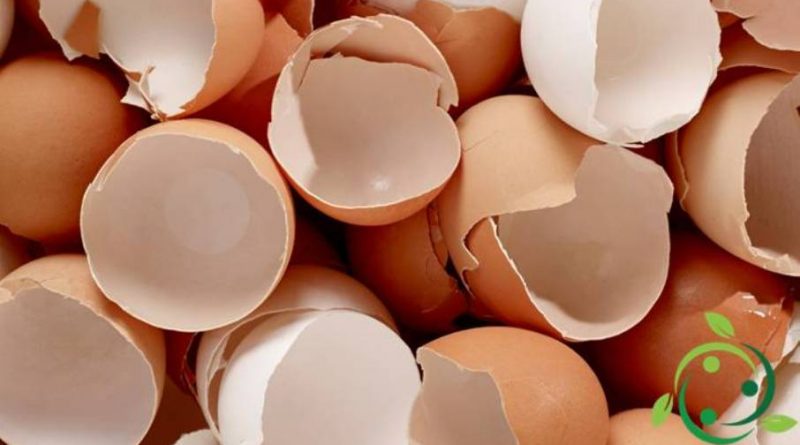Natural fertilizer with eggshells
Natural fertilizer with eggshells
On various articles on the Internet we read about the possibility of using as a natural fertilizer with eggshells. Let’s see in this tab if and how it is possible to use them. Meanwhile, let’s see the composition of the egg shells. The egg shell, which has a weight of about 5 grams, is made up of 40% of calcium. The egg shell is made of calcite, a crystalline form of calcium carbonate CaCO3 with small amounts of magnesium carbonate MgCO3 and calcium phosphate Ca3 (PO4) 2. This means that with their reuse we can bring to the soil excellent amounts of calcium and lower percentages of magnesium and phosphates. In short, an excellent soil improver for soils lacking in these elements, with acidic pH and a little less useful for calcareous soils. The natural antiparasitic can be added to the fertilizing action of the eggshells.
In fact, their composition helps to give vigor and vegetative resistance to the plants as well as disturbing action against snails and insects.
The eggshells are for all purposes slow release fertilizers. By placing them in well-mixed soil, these will degrade slowly, releasing their high calcium content into the soil.
Calcium intake, especially in non-calcareous soils, becomes very useful for some plants. Many plants, such as roses, need a good supply of calcium.
Evidently the use of egg shells as soil improver / fertilizer is possible for small amounts; we are talking above all about some pots or small surfaces for vegetables.
Thinking of amalgamating higher surfaces with shells made from the consumption of homemade eggs is, to say the least, far-fetched. However, in a context of differentiated recovery and recycling of waste we can make a calculation: we assume a family of 4 people, according to the indications of optimal dietary consumption you can consume 4 eggs per week. This is equivalent to saying that in a year, on average, a family of 4 will consume 52 x 4 x 4 eggs. It means 832 eggs; calculating, as said, that the average weight of an egg shell is 5 grams, we will have obtained over the course of our “agrarian” season 4.16 Kg of egg shells, 40% of which (about 1.6 kg ) will be represented by football.
In short, a small quantity for a few plants and a large contribution to separate waste collection.

